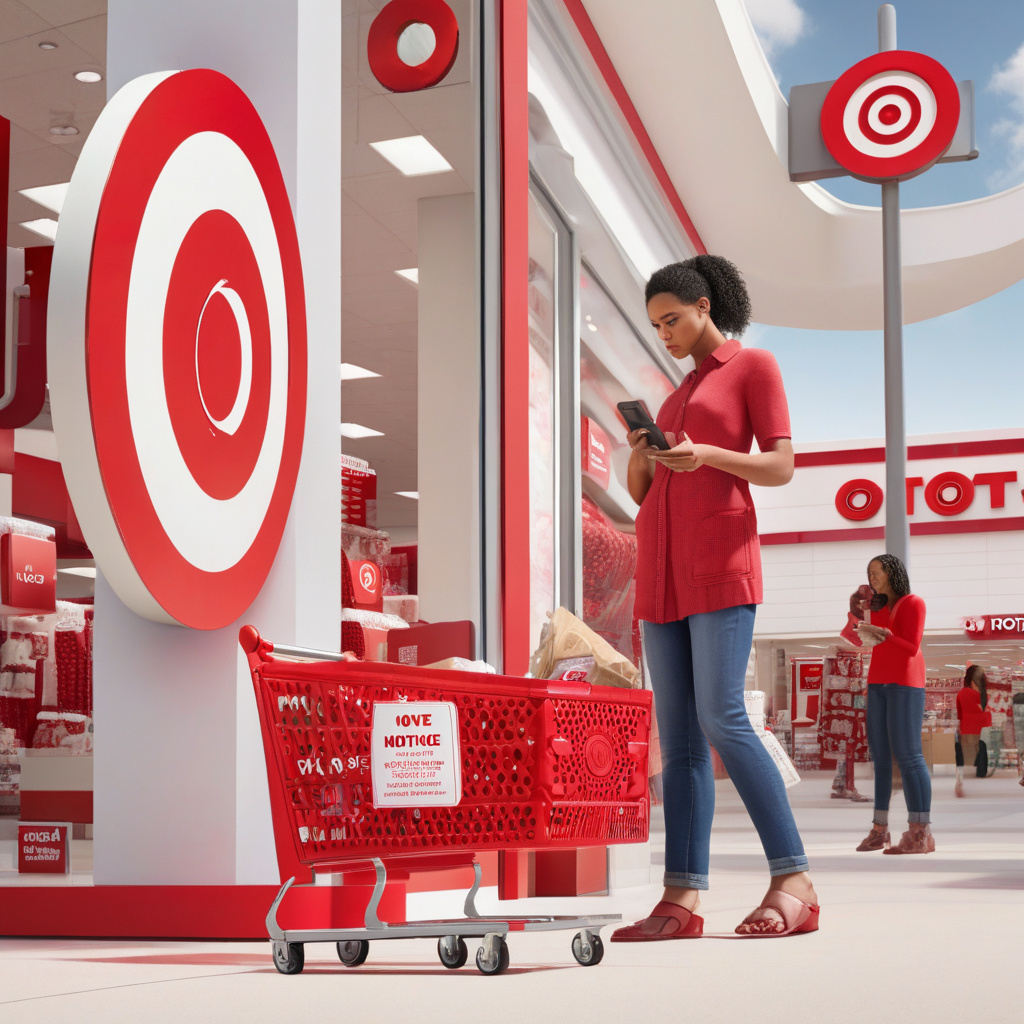Target Stores Shift Focus: Reducing Online Order Fulfillment to Enhance In-Store Experience
In a significant strategic move, Target is reassessing its approach to online order fulfillment, opting to reduce the number of stores that handle these orders. The retail giant is prioritizing the enhancement of the in-store shopping experience over the logistics of fulfilling online orders directly from its physical locations. This shift comes as part of a broader strategy to streamline operations and refocus team efforts on customer satisfaction within stores.
For years, retailers have raced to adapt their operations to meet the increasing demand for online shopping. However, Target’s latest decision reflects a growing recognition that the in-store experience remains paramount in maintaining customer loyalty. As many consumers return to brick-and-mortar shopping following pandemic restrictions, Target is aiming to provide a more engaging and enjoyable shopping environment.
Target’s recent announcement indicates that the company is reconsidering which of its stores will continue to serve as fulfillment centers for online orders. Traditionally, many stores have operated as mini-distribution centers, processing online orders alongside regular in-store sales. This dual responsibility has often stretched resources thin, leading to potential declines in service quality and customer satisfaction.
By scaling back on online order fulfillment in select locations, Target can allocate more resources towards improving in-store operations. This includes enhancing staff training, optimizing store layouts, and ensuring that shelves are well-stocked with products. The goal is to create a seamless shopping experience that encourages customers to engage with the brand on a personal level, fostering loyalty and increasing foot traffic.
This strategic pivot is not without its challenges. As Target navigates this transition, it must ensure that its online customers still receive timely and efficient service. The company is likely to enhance its distribution center capabilities, allowing for more centralized fulfillment of online orders. This could lead to reduced shipping times and an overall improvement in the online shopping experience.
Moreover, Target’s decision reflects a broader trend within the retail industry. Many retailers are reevaluating their online fulfillment strategies as they adapt to changing consumer behaviors. A recent report indicated that customers are increasingly looking for immediate gratification, often preferring to pick up their online orders in-store rather than waiting for delivery. By streamlining fulfillment processes and enhancing in-store experiences, Target aims to capitalize on this trend.
Target’s move also raises important questions about the future of brick-and-mortar retail. As more consumers shift towards online shopping, retailers must find a balance between e-commerce and in-store experiences. The success of this strategy will depend on how well Target can manage its logistics while simultaneously elevating the shopping experience within its stores.
To support this transition, Target may invest in technology that enhances the in-store experience. For instance, implementing mobile checkout solutions can minimize wait times and improve customer satisfaction. Furthermore, integrating customer feedback mechanisms will allow Target to respond quickly to shoppers’ needs, ensuring that the store environment aligns with customer expectations.
In conclusion, Target’s decision to stop fulfilling online orders at many of its locations underscores a commitment to enhancing the in-store shopping experience. By refocusing resources and reevaluating fulfillment strategies, the company is well-positioned to meet the demands of today’s consumers. This strategic shift not only emphasizes the importance of brick-and-mortar retail but also highlights the need for retailers to adapt to evolving shopping behaviors. As Target continues to refine its operations, it will be crucial to monitor the impact of these changes on both customer satisfaction and overall business performance.
Target is setting a precedent for how retailers can successfully navigate the balance between online and in-store shopping, reinforcing the notion that a positive customer experience remains at the heart of retail success.
retail, Target, customer experience, online shopping, business strategy
